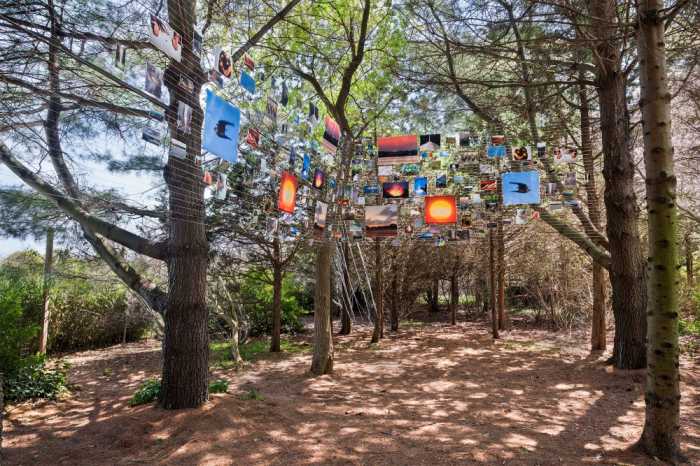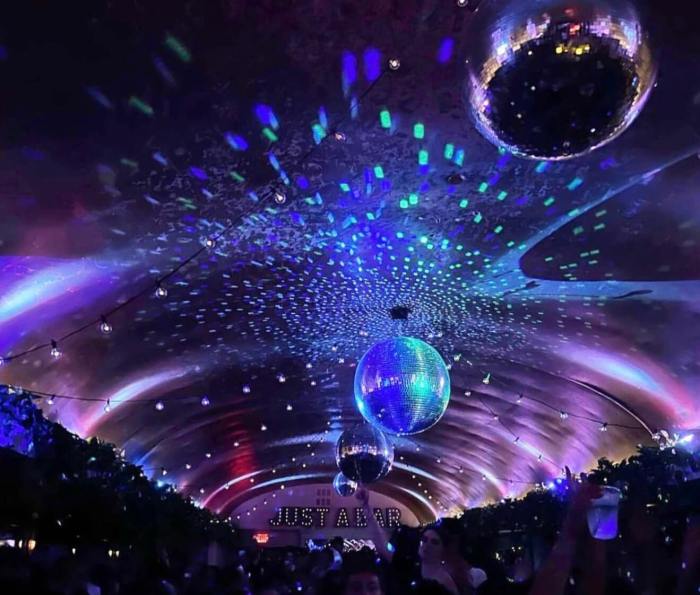It’s The End Of The World, Again
For those of you who believe the doomsday predictions based on the Mayan calendar, I apologize, but I simply do not believe that the world will end in December because of a calendar that was created more than 5,000 years ago. There is no science to back up any claims about doomsday occurring on Dec. 21, 2012, and no theology to back it up either. Jesus is quoted in the Bible as saying about the end of the world, “But of that day and hour knoweth no man, no, not the angels of heaven, but my Father only.” Scientists and clergy are not always in agreement, but it definitely seems that both sides concur that the sun will rise on Dec. 22. So I will plan on celebrating Christmas, New Year’s and hopefully a return trip for the Patriots to the Super Bowl with a better result this time. (Note: I know most of you are not rooting for this, but I have had to endure two Super Bowls in which it seemed that every Giants fan in the New York area who was looking to gloat turned to the only Patriot fan in the area they could find, yours truly, so please cut me a little slack.)
It seems like its a fairly regular occurrence that someone prophesizes that the end of the world is coming. Last year, it was Harold Camping who created headlines with his prophecies for May 21, 2011. Previously, Jan. 1, 2000 was a date that many feared because of the “Y2K” bug. Now it’s Dec. 21. Enough already.
The world did come perilously close to an event of apocalyptic proportions, 50 years ago this week, although it has not received an abundance of attention to mark the anniversary. It was in October of 1962 when the United States discovered that the Soviet Union had installed nuclear weapons in Cuba that were capable of reaching the continental U.S. A naval blockade followed and according to many historians, the world was on the brink of a nuclear war in which hundreds of millions would have perished.
As someone who is quite fascinated by American history, John F. Kennedy has always intrigued me. My birth would not happen until many years after his presidency, but speaking with those from that era, I always hear positive thoughts about his administration, from both Republicans and Democrats alike, and it is hard to dispute that JFK is one of the iconic figures of 20th century America.
The point is that the world did come close to the brink of disaster and it wasn’t because of a “hidden code” found somewhere or some other illogical reasoning. It was because the actions of humans brought us to that point, and it was the actions of humans who brought us back from it, as both sides came to realize that there is no sense in blowing up the world so that one side isn’t embarrassed politically. Because of that, JFK will always hold a special place in history. It can be argued that he and Nikita Khrushchev saved the world. We should take a cue from them and instead of worrying about things which we don’t control, and are not likely to occur, we should work on making the right decisions about things we do have control over.
Are there things we can do to make sure that the world not only goes on, but also is a better place for many generations to come? Absolutely. We can educate our children, take care of the environment, and deal with real issues as they occur. If all the energy that is directed towards illogical claims about the apocalypse were instead directed towards making a positive difference, the world would indeed be a better place for generations to come. We should concentrate on real issues.
Like who’s going to be in the Super Bowl.
Ron Scaglia is the Special Sections editor of Anton Newspapers.































